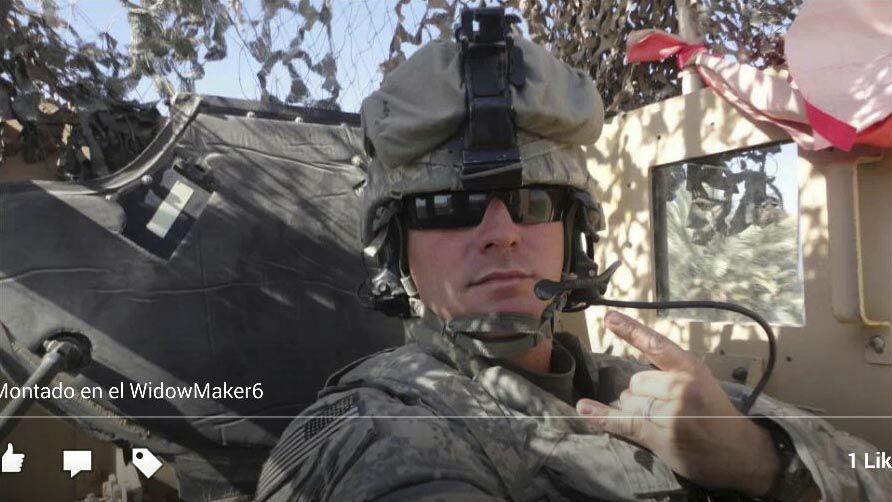
FORT HOOD, Texas (Reuters) - The U.S. Army was searching on Friday for a clear motive for the second mass killing in five years at a Texas base, one of the largest in the United States.
Ivan Lopez, the 34-year-old soldier suspected of shooting dead three people and wounding 16 others before turning the gun on himself at Fort Hood on Wednesday afternoon, was battling mental illness, the Army said, but no motive has been given.
Lopez joined the service in 2008 and had served two tours of duty abroad, including four months in Iraq in 2011, military officials said. He had no direct involvement in combat and had not been wounded.
There was a strong possibility a verbal altercation with another soldier or soldiers preceded the shooting, Lieutenant General Mark Milley told reporters on Thursday, adding there was no indication that he targeted specific people.
The rampage is the third shooting at a military base in the United States in about six months that, along with a series of shootings in public places, such as schools and malls, has prompted a national debate over gun control regulations.
It has also raised questions about security at U.S. military installations, such as Fort Hood, home to some 45,000 soldiers and airmen assigned to the 335-square-mile (870-square-km) base, along with thousands of civilian employees.
"Obviously we have a gap. Anytime we lose an individual, something's gone wrong. But ... let the investigators do their work," U.S. Defense Secretary Chuck Hagel told reporters in Hawaii on Thursday.
"I think we have to be careful not to jump to any conclusions or try to frame this up in some kind of a social statement. We just don't know enough yet. And we will know what we need to know to fix the problem," Hagel said.

VICTIMS IMPROVING
Military officials have so far ruled out terrorism as inspiration for the attack, but have said Lopez's medical history indicates unstable psychiatric and psychological conditions. He had been treated for depression and anxiety and was being evaluated for post-traumatic stress disorder.
The shooting sent shockwaves through a Central Texas community still reeling from a 2009 attack during which a former army psychiatrist, Major Nidal Hasan, shot dead 13 people and wounded 32 others.
Lopez, originally from Puerto Rico, had recently bought the gun he used, a Smith & Wesson .45-caliber pistol, at Guns Galore, the same store in Killeen where Hasan shopped.
Three of the soldiers who had been listed in critical condition at Scott & White Hospital in Temple have shown "great signs of improvement", a nursing supervisor said on Friday. Their conditions is now listed as serious.
Five patients have been discharged, with one patient staying on through Friday for tests.
Among those killed was 37-year-old Army Sergeant Timothy Owens, a recently-married native of Effingham, Illinois, who was shot in the chest at close range, his mother-in-law told the Chicago Sun-Times newspaper.
Owens was shot five times as he tried to calm down the shooter, CBS News reported, citing his mother.
One of the injured was identified by his family via Twitter as Major Patrick Miller of New York. Miller, from Allegany, joined the army after graduating from St. Bonaventure University in 2003, New York Governor Andrew Cuomo said in a statement.
Uncommon Knowledge
Newsweek is committed to challenging conventional wisdom and finding connections in the search for common ground.
Newsweek is committed to challenging conventional wisdom and finding connections in the search for common ground.
About the writer
To read how Newsweek uses AI as a newsroom tool, Click here.





